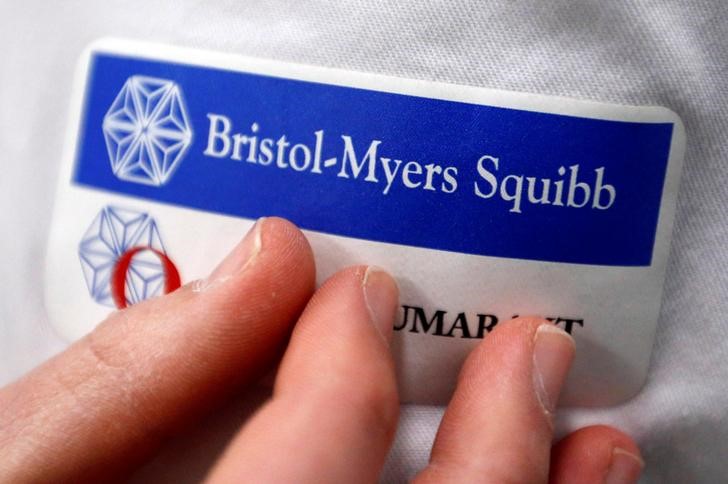PRINCETON, N.J. - Bristol Myers Squibb (NYSE: NYSE:BMY) disclosed that its Phase 3 CheckMate -9DW trial, which assessed the combination of Opdivo (nivolumab) and Yervoy (ipilimumab) for the first-line treatment of advanced hepatocellular carcinoma (HCC), achieved its primary endpoint.
The trial demonstrated a statistically significant and clinically meaningful improvement in overall survival (OS) for patients compared to the current standard of care using sorafenib or lenvatinib.
The trial involved approximately 668 advanced HCC patients who had not previously received systemic therapy. These patients were randomized to receive either the immunotherapy combination of Opdivo plus Yervoy or the standard treatment options of sorafenib or lenvatinib. The primary goal was to compare overall survival rates, with key secondary endpoints including objective response rate and time to symptom deterioration.
Hepatocellular carcinoma is the most common form of liver cancer and represents a significant challenge in oncology due to its typically late diagnosis and limited effective treatment options. The positive outcome of the CheckMate -9DW trial suggests a potential new first-line treatment option that may improve survival outcomes for patients with this aggressive cancer type.
The safety profile for the Opdivo plus Yervoy combination was consistent with previously reported data and manageable with established protocols. No new safety signals were identified during the trial.
Dr. Dana Walker, vice president of global program lead for gastrointestinal and genitourinary cancers at Bristol Myers Squibb, commented on the significance of the results, highlighting the potential for the Opdivo plus Yervoy combination to improve patient outcomes compared to established tyrosine kinase inhibitor (TKI) treatments.
Bristol Myers Squibb plans to conduct a full evaluation of the trial data and intends to present detailed results at an upcoming medical conference. The company will also engage in discussions with health authorities regarding the findings.
The information regarding the trial outcome is based on a press release statement from Bristol Myers Squibb.
This article was generated with the support of AI and reviewed by an editor. For more information see our T&C.
